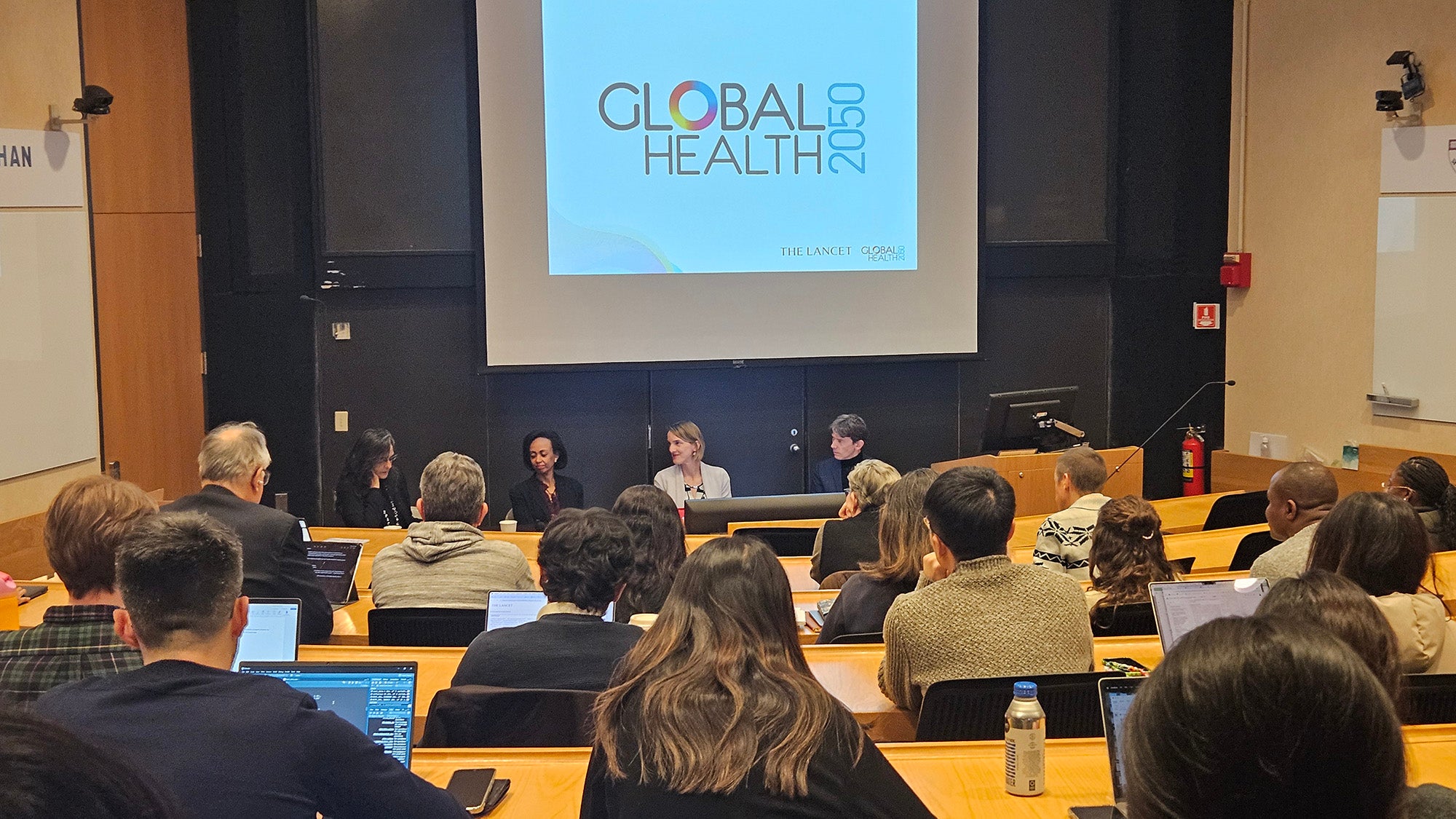Stéphane Verguet
Associate Professor of Global Health
Global Health and Population, Harvard T.H. Chan School of Public Health
Departments
Department of Global Health and Population
Other Positions
CHDS Core Faculty
Center for Health Decision Science, Harvard T.H. Chan School of Public Health
Related Links
Biography
Stéphane Verguet is an Associate Professor of Global Health in the Department of Global Health and Population at the Harvard T.H. Chan School of Public Health and a core faculty member of Harvard University’s Center for Health Decision Science. His research concerns health systems, health economics, and priority setting, with significant contributions toward incorporating dimensions of equity into the economic evaluation of health policies and priority setting through the modeling of health benefit packages and intersectoral interventions, via applied economic evaluations. He has co-chaired the Analytics & Metrics Community of Practice of the Research Consortium for School Health & Nutrition since 2021 and has contributed to the World Bank’s Disease Control Priorities since 2009, most recently as a lead editor for the Universal Health Coverage volume of its fourth edition. He was also a Commissioner of The Lancet Global Health 2050 Commission. Verguet has degrees from the University of California, Berkeley, and the École Polytechnique and was previously on the faculty of the University of Washington.
Publications
-
Global health priority setting: beyond cost-effectiveness
-
Assessing the Economic Value of Clinical Artificial Intelligence: Challenges and Opportunities


